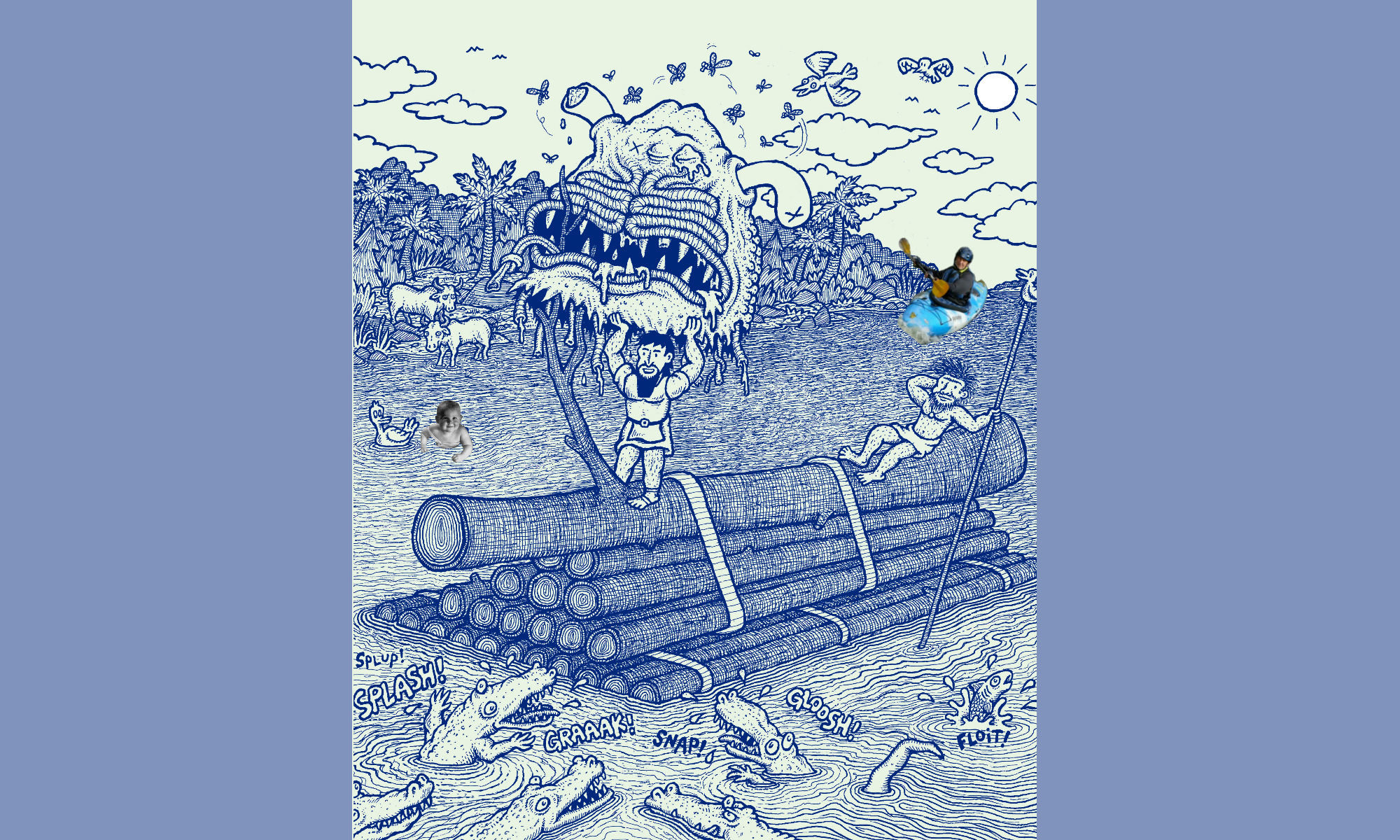Back in (k) Possessives, there was a pretty thorough discussion of case.
Here’s yet more discussion, with the case mistakes below, in purple:
In English we know how a word is to be used in a sentence–as a noun or an article or a verb or so on–in part by where it shows up in the sentence:
He me hard hit… just isn’t English syntax.
We know by training that me comes after a verb, that he will precede the verb.
And, we have other ways of telling how a word is to be used, like adverbs–we know most adverbs end in -ly. We know a verb ending in s, like puts or misses or hits or knows, is in the third person–he or she or it or one, or any noun in the subject form: John, couch.
He knows she puts; it hits or misses. John puts, couch knows.
Which is to say, that sometimes the placement of the word tells us how it’s used, and sometimes the form of the word will be the tip-off, and sometimes both.
Case just applies to nouns and pronouns, and is a form, a variant spelling, that indicates how the noun or pronoun is used.
Nouns are easy: they change only in one way (in English, nowadays): they change their actual form (their spelling) to show what? _______________
Possessive (ownership)
Case
The heroine of the novel ==> the novel’s heroine
(ownership) the captain’s daughter
love’s sweet pain
the women’s team
Those are all nouns in the possessive case.
Pronouns are twice as hard as nouns: they change in two ways, both to show possession and also to show they’ve been acted upon–objects of something.
Pronouns have a possessive form, and an objective form, as well
as their subject form.
Subject form of noun: devil Subject form of pronoun: he
Possessive form of noun: devil’s Possessive form of pronoun: his
Object form of noun: devil Objective form of pronoun: him
So you can’t properly say he gave it to Jennifer and I,
because both Jennifer and I are objects of to. He gave we both a headache
sounds atrocious, doesn’t it? He gave us both a headache.
To say Jennifer and I, after to, sounds just as bad as he gave we, to a literate ear. It looks ignornant to a literate eye.
He gave it to I? He hit I? Me love she?
And yet you will see and hear: He gave it to Jen and I.
They hit my parents and I.
Me and her love Barb and she.
Prounoun Cases
Prounouns in the subjective case: I, you, he, she, it, we, they
Pronouns in the objective case: me, him, her, us (you doesn’t change)
Prounouns in the possessive case: my/mine, your/yours, his, hers, its, our/ours, and their/theirs. Those underlined ones are just a form of the pronoun in the possessive case that can stand alone–doesn’t have to stand next to a noun. It’s my post-it. It’s mine. Is this one yours? No, it’s ours.
Noun Cases
And we do remember how to make nouns possessive, right? K-Possessive
Just add an apostrophe and an s ! Is this one yours? No, it’s Harold’s.
This is so even if the noun already ends in s, like Dickens or Bliss or pus.
the pus’s odor, Dickens’s young wife
This can’t be counted wrong. If you want to get fancy, you can skip the
final s, and you generally skip it in the plural:
the birds’ migration …but, the children’s bird
Nasty Pronouns
There are a couple more, very vague fellows, usually called indefinite pronouns: anybody everybody nobody somebody
These change only in the possessive, and obviously would work like
nouns: anybody’s everybody’s nobody’s somebody’s baby
Which leaves us with one: one’s cup is full He caught one on the chin.
